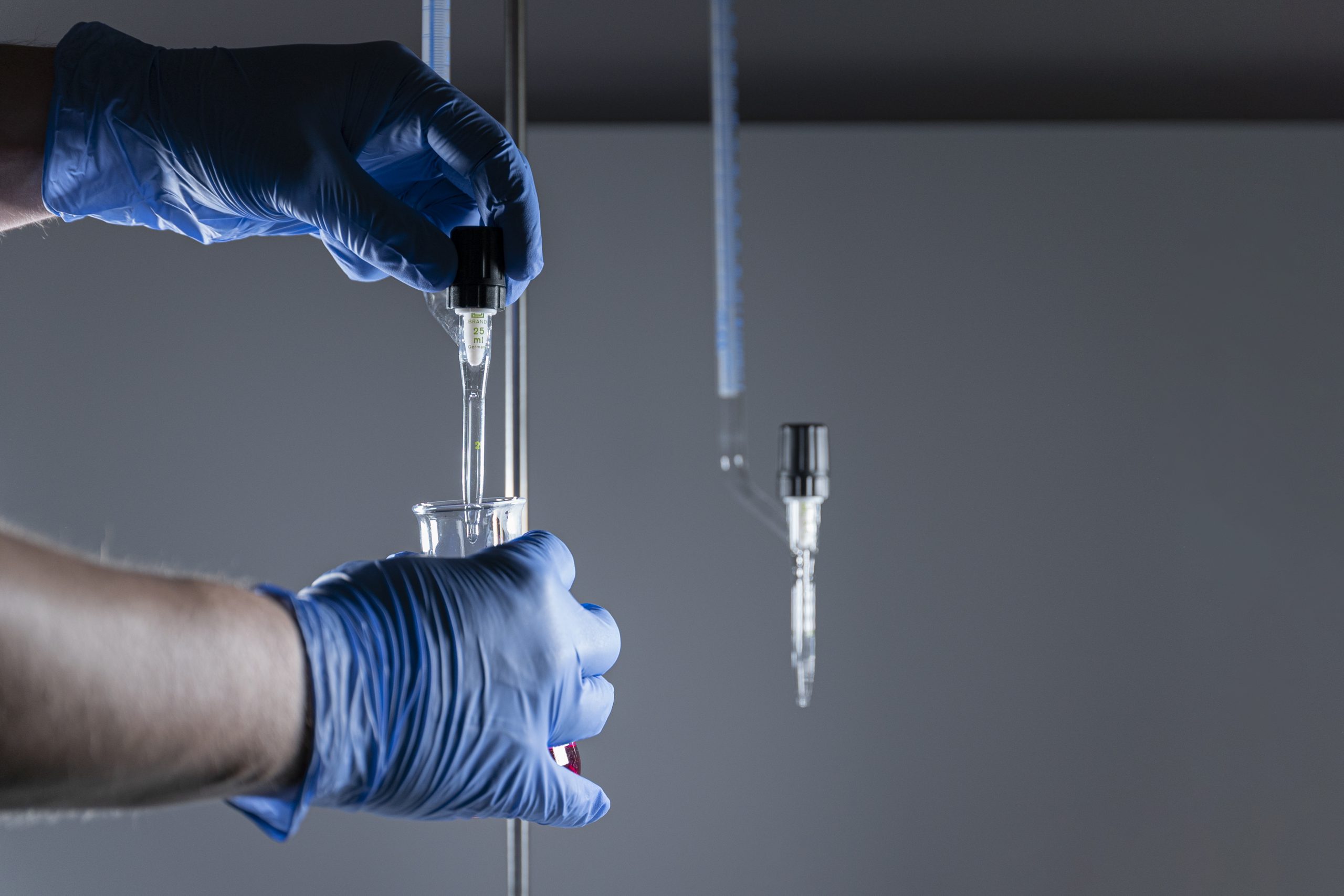
The importance of laboratory tests for any treated water
Although obtaining treated water may seem like a foolproof process; This does not necessarily mean that it is safe to drink. It is important for us to judge water safety by taking the following three qualities into consideration:
- Microbiological (bacteria, viruses, protozoa, worms).
- Chemical (salts, minerals, chemicals).
- Physical (temperature, color, odor, taste, and turbidity).
The basic characteristics of any treated water
Drinking water must have the following characteristics (microbiological, chemical and physical):
- Free of pathogens.
- It has a low concentration of toxic chemicals.
- Clear.
- It has neither taste nor color.
The importance of conducting laboratory tests for treated water
When considering the quality of any treated water, microbiological contamination is the main concern in most cases as it is responsible for most of the illnesses and deaths associated with drinking impure water.
In many parts of the world, access to treated water is not safe enough to drink. There are basic qualitative (qualitative) readings that quickly determine if water is unsafe for consumption. However, there are also many “invisible” substances that must be professionally tested to identify contaminants and see how a specific type of polluted water can be purified.
Field treated water testing instruments
portable test kits
mobile laboratories
Samples can also be collected and sent to specialized laboratories
Types of Assays for any treated water
The following points deal with the main types under which all drinking water tests fall:
Mineral examinations:
It aims to ensure the level of concentration of some minerals in drinking water, such as magnesium, iron, and calcium, in addition to zinc and copper, and the high concentration of these minerals may harm human health, not to mention the problems it causes, such as the emission of unpleasant odors.
Organic Chemical Assays:
These are emergency tests that are not performed unless it is suspected that the water is mixed with some pollutants, such as pesticides, petroleum products, and industrial waste.
bacteriological examinations:
Bacteriological examinations aim to ensure that the water is free of some disease-causing bacteria, such as Escherichia coli and fecal coliform bacteria.
Other checks:
Drinking water can be examined to verify the presence of some highly dangerous special pollutants, such as radioactive substances, such as: radon, radium, or heavy metals such as lead, arsenic and cadmium.
Central laboratory tasks
Collect samples from all water sources and water produced from purification plants and distribution networks.
Reviewing the results of the stations’ laboratories, confirming the quality of the results, and matching the produced water.
Analysis of drinking water samples.
Conducting analyzes for heavy metals such as lead, arsenic, cyanide, cadmium, selenium, mercury, chromium, chlorinated organic materials, pesticides, and other organic pollutants.
In addition to microbiological tests.
Mobile laboratories
Hydrological and environmental examinations require that the analyzes be conducted in remote areas. So; The use of well-equipped mobile laboratories is usually the best solution. Its use is increasing on a large scale day by day as the need for accurate and fast results and is usually in areas where there are no fixed laboratories.
Portable water quality testing equipment should have the following characteristics:
- Easy to use with simple instructions.
- Small and easy to transport.
- Fast results.
- Low use of distilled or deionized water.
- Sample dilution is not necessary.
- Does not require calibration.
- Durable (reduced exposure to UV rays, shock, moisture or heat).
- It can measure many variables.
- Easy to maintain or replace.
- Consumables required are few or easy to obtain.
We at Water Care are proud to offer many laboratory test options that you can find out from here to ensure the quality of any treated water as we offer a wide range of technologies and extensive knowledge in all sectors related to water.
























